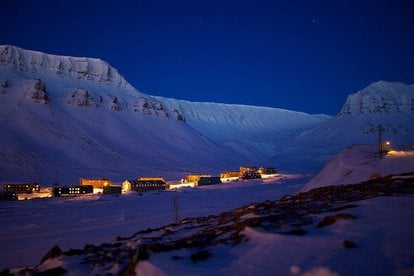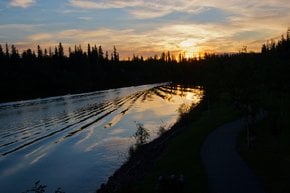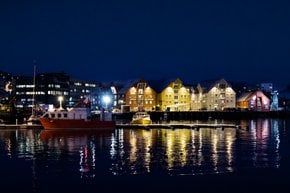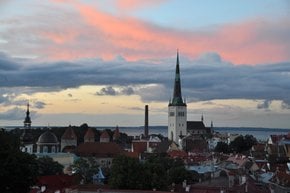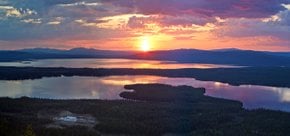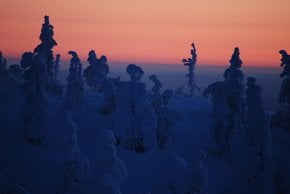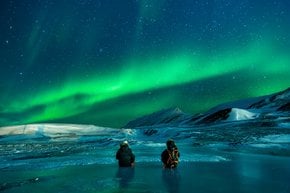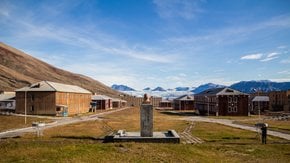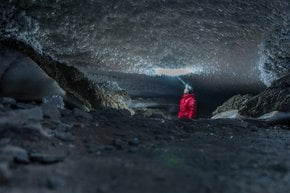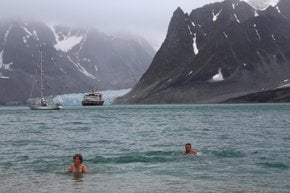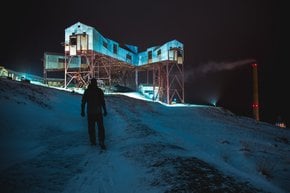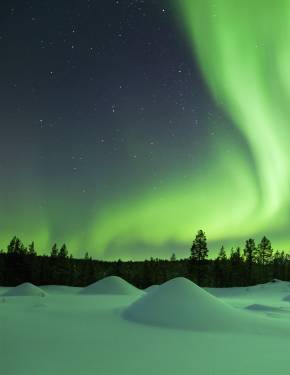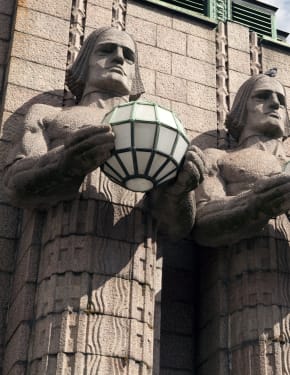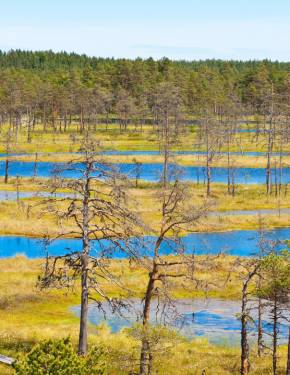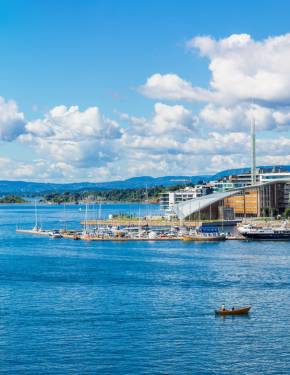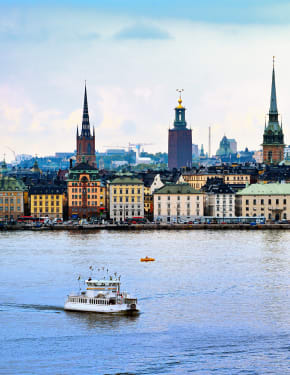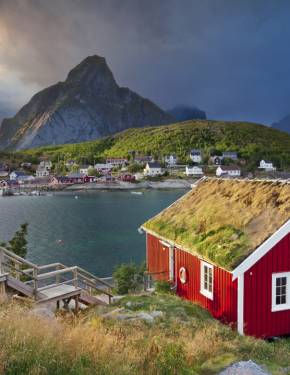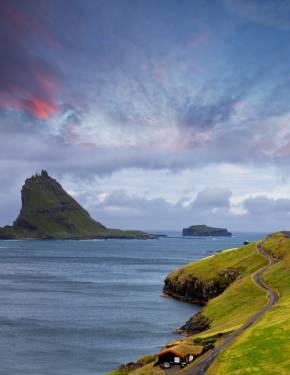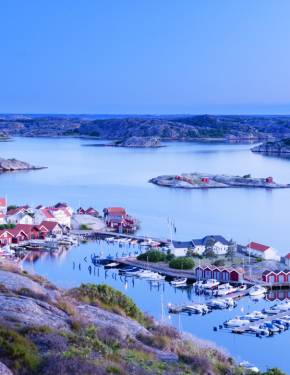Polar Night in Svalbard 2025-2026
There is a vast number of things to see and do during this unique phenomena, just remember the further north you go, the darker and longer the Polar Nights become
Best time: November–February
The Polar Nights that take place in Svalbard occur in the northernmost and southernmost regions of the Earth inside the polar circles. During the "Night" the centre of the Sun does not rise above a free horizon. The atmosphere bends the rays, and the area that is affected by Polar Nights is small and it lasts around 28 days.
Polar Nights are cold, dark, and endlessly long. There are various types: from pitch-dark black to light grey. Polar twilight, for example, occurs at the inner border of the polar circles, where the Sun is on or below the horizon all day long on the winter solstice. This means that the Sun is below the horizon by less than 6 degrees. Civil polar is just a faint glow of light visible at mid-day, and it occurs when the Sun is between 0 and 6 degrees or more below the horizon. Nautical Polar Night implies daylight at midday only, and it happens during astronomical twilight at the solar culmination. And, finally, a period of the Astronomical Polar Night is an eternal night with no astronomical twilight. The astronomical twilight happens when the Sun is between 12 and 18 degrees below the horizon and astronomical night when it is lower than that.
November to February is the Polar Night season, also named the dark winter. February 20th is the day when the sun returns at the end of the Polar Night. It reaches Longyearbyen by March 8th because of the mountains towards the southern horizon. Since it is one of the most northern settlements in the world, it gives us a fantastic chance to witness the mysterious darkness.

